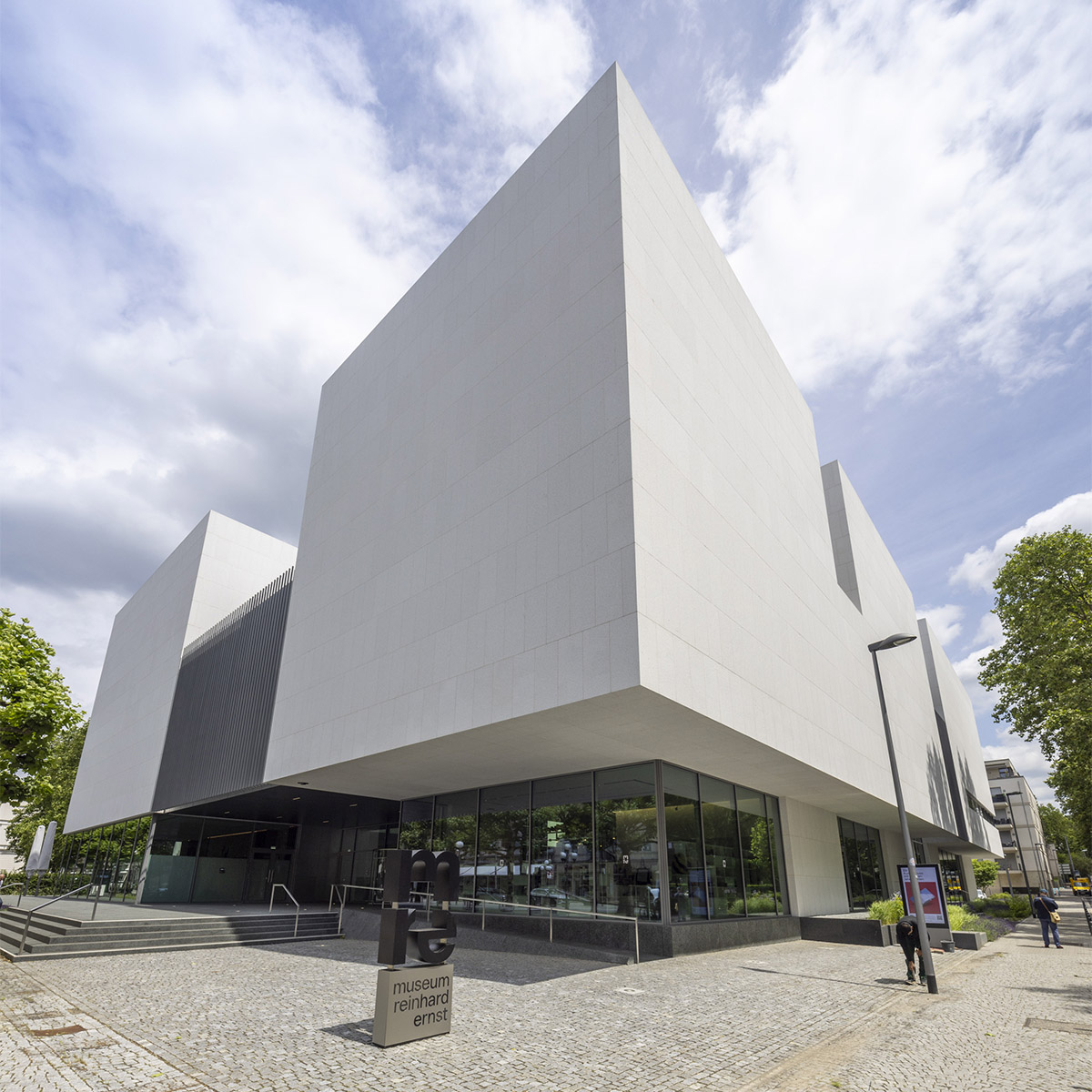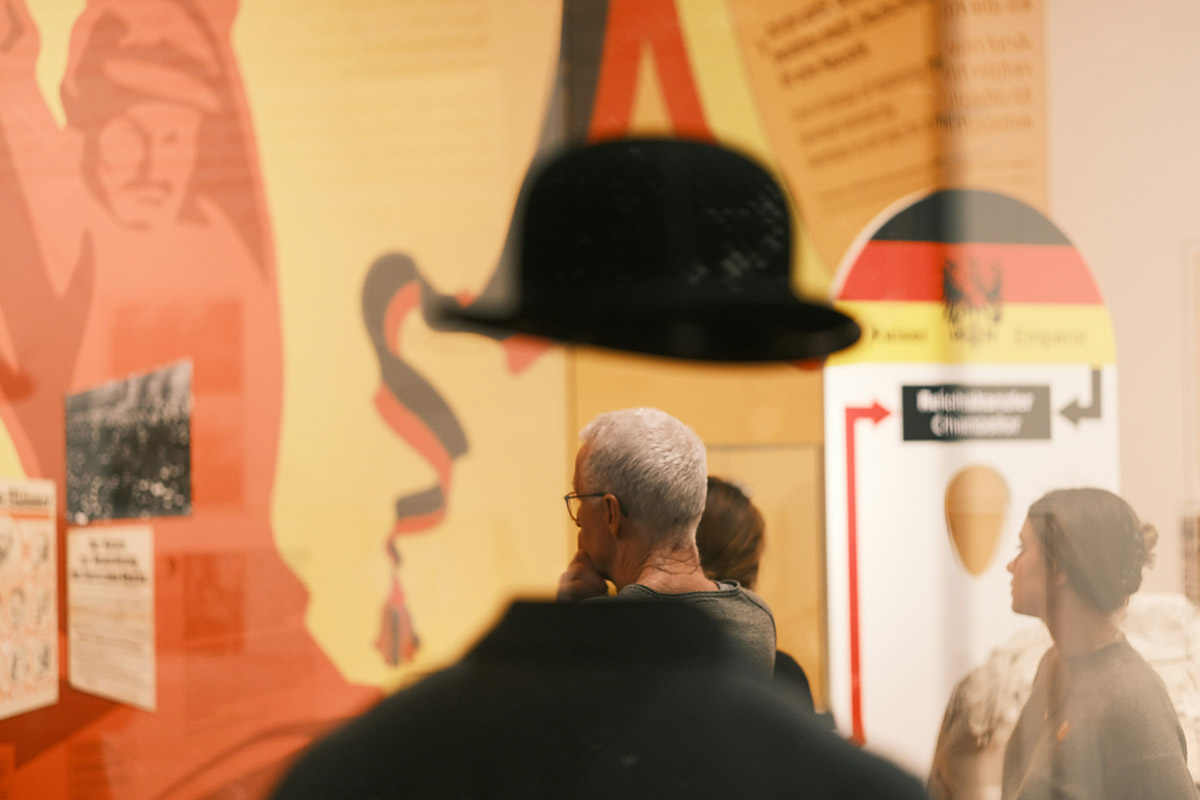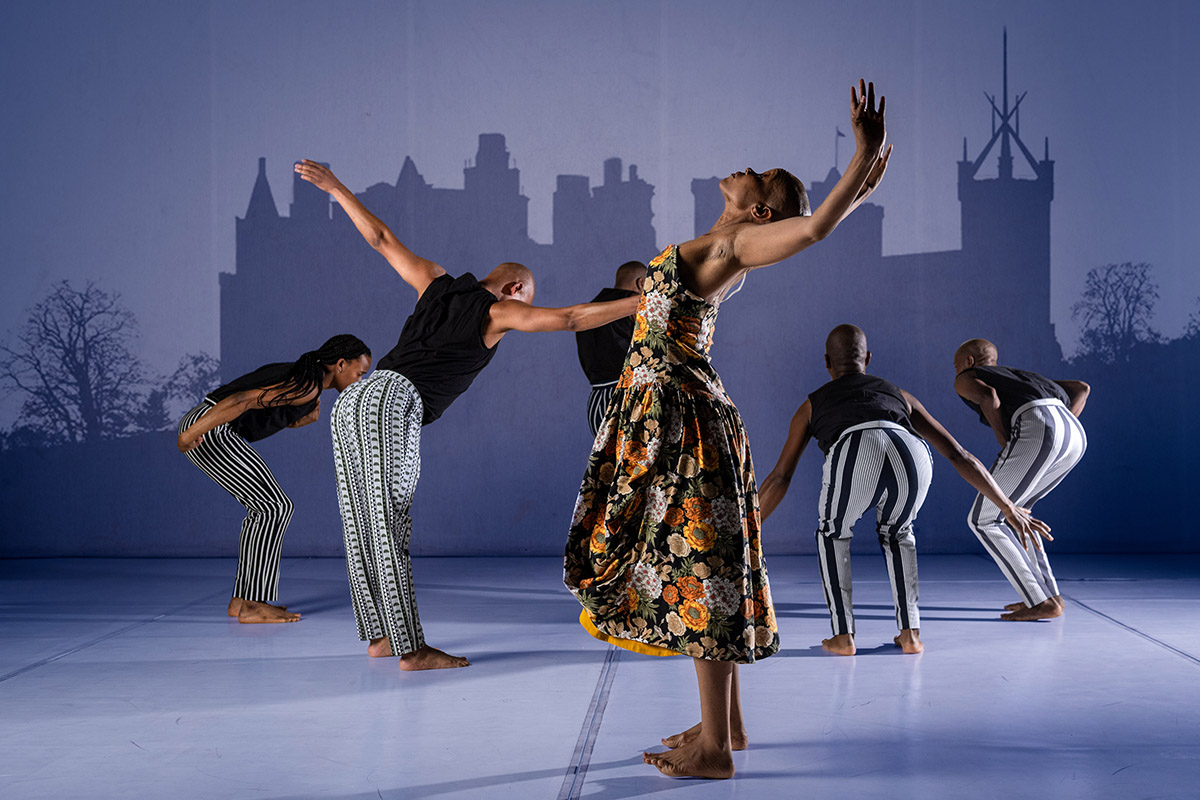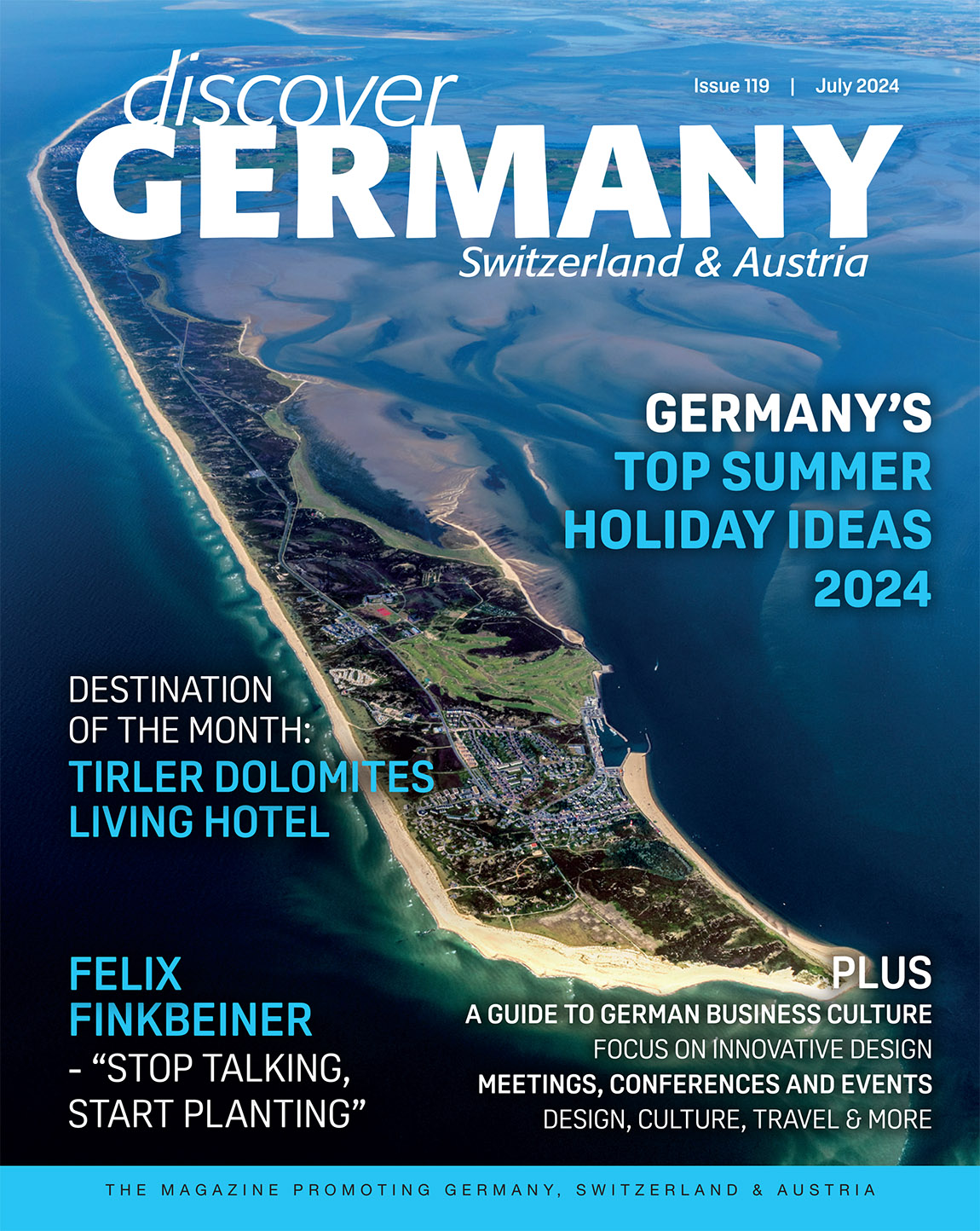Carnival, a time when Germans go berserk
TEXT: NADINE CARSTENS | PHOTOS: J. RIEGER| FASNACHTS-COMITE BASEL
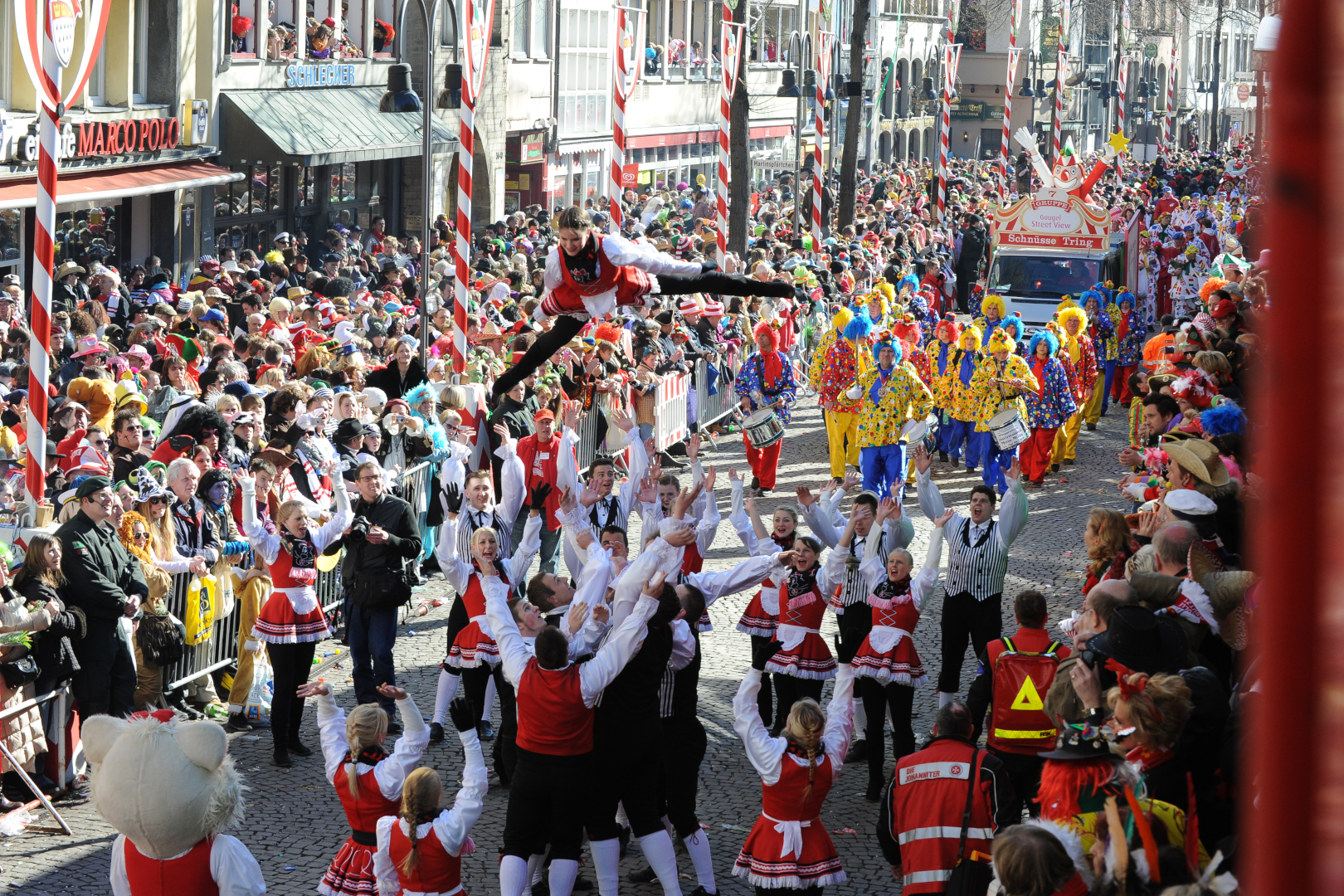
February is when carnival celebrations reach their peak, especially in the Rhineland where thousands of costumed locals flock to masked balls or gather on the streets to watch parades. A centuries-old tradition that has been declared as one of UNESCO’s intangible culture heritages is the ‘Rheinische’ Carnival, held in the west of Germany. Now in February, this jolly time of the year reaches its peak and, six days before the start of Lent, cities like Cologne, Düsseldorf, Bonn, Aachen and Mainz go berserk.
In case you have not heard of Carnival (‘Karneval’), Fasching or Fastnacht, as it is being called depending on the region, do not be surprised if crowds of colourfully costumed and partly tipsy revellers cross your way, greeting you with a happy ‘Alaaf!’ or ‘Helau!’ But be careful, it should be pointed out that you should never confuse these two salutations. Carnival revellers usually attach the utmost importance to this difference, due to the fun rivalry between the cities. In Cologne you say ‘Alaaf’, whereas ‘Helau’ is the common carnival greeting in Düsseldorf and Mainz. Depending on the person’s mood, he or she might even give you a peck on each cheek. Especially in Cologne, the epicentre of carnival, people tend to spread these ‘Bützchen’.
That is why Carnival in the Rhineland is so special and why tourists from all over the world want to witness this time of year. People celebrate arm in arm, no matter whether they have met before, whether they are of the same generation or have the same social background. So forget about the prejudices of Germans which you may have heard of before. Germans who love Carnival tend to revel boisterously, laughing and dancing on the streets.
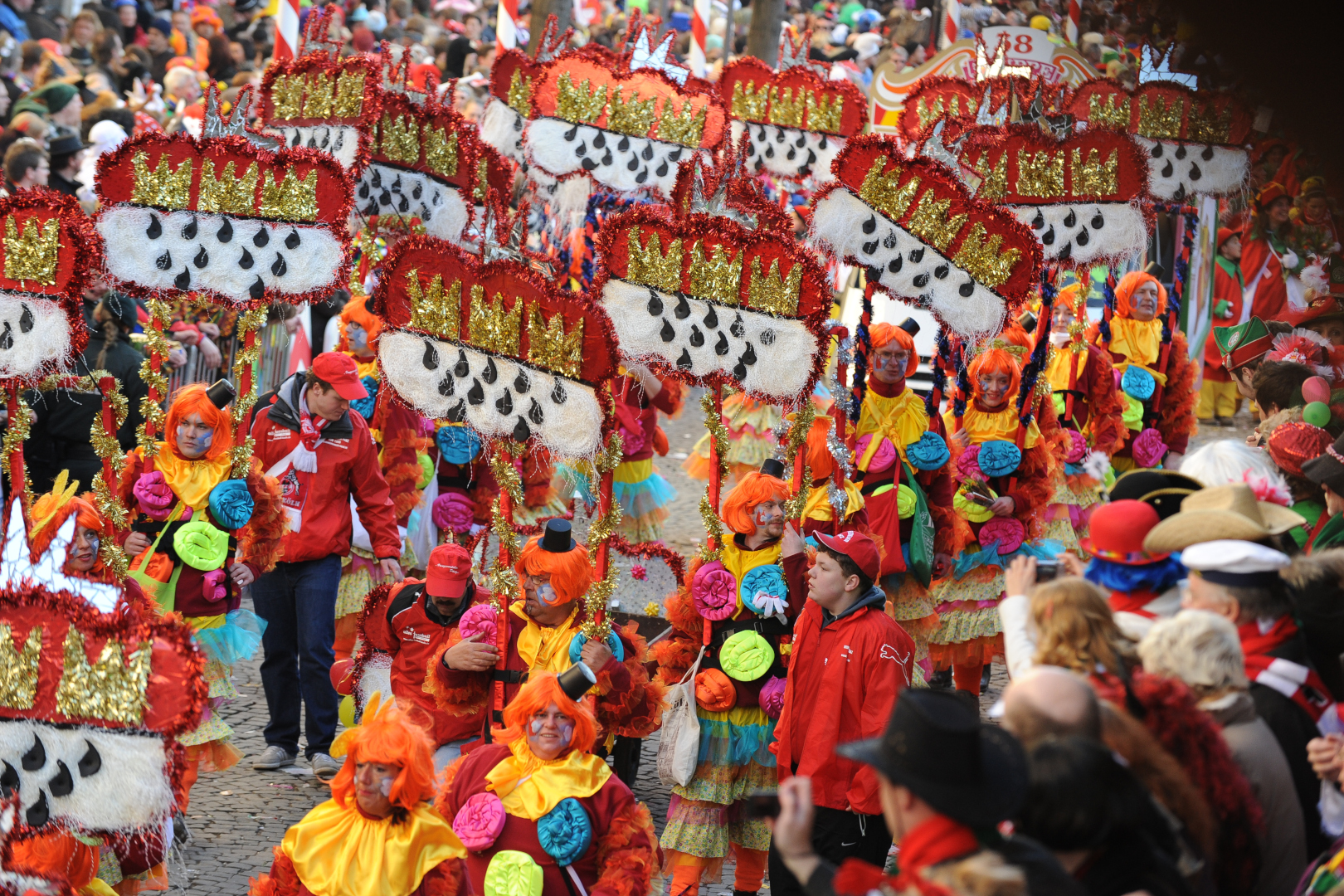
Women’s Carnival Day: When the crazy days begin
The ‘Fifth Season’, as the carnival season is also being called, officially begins sharply at 11:11am, on the 11 November. Revellers then take a short break during Christmas time but, after New Year’s Eve, the celebrations accelerate with hundreds of indoor festivities like costume balls and so-called ‘Sitzungen’: sessions, where local musicians or orators hold carnival jester’s speeches and mock politicians for example, or hold a mirror up to society. In case you thought your German skills were quite good and feel puzzled for not understanding a single word, there is no need to worry. Even with an understanding of the local dialect, it is probably impossible to understand the speeches, which are often held in rhymes.
The craziest days of all are the last six days before Lent. Due to its Christian roots, this week is determined by the Church calendar and takes place right before Ash Wednesday. Starting with Women’s Carnival Day (‘Weiberfastnacht’) on Thursday (this year, it is on 4 February), women take over city halls. Gentlemen, look out for your tie, if you are wearing one: it is a common rite that women cut off the tie of any man they meet, but make up for it by giving them a kiss or rather a ‘Bützchen’.
Thursday before Ash Wednesday also marks the beginning of street carnival, so on the following days, there are scores of elaborately costumed processions in the different suburbs. The high point of carnival is the parade on Rose Monday, an official holiday, in the inner city of Cologne. Marching bands, sambas, as well as decorated floats and wagons parade down the streets, throwing bouquets, toys and tonnes of candy to the masses of costumed people watching the spectacle. The floats often have a satirical connotation depicting caricatures of politicians and other public personalities.
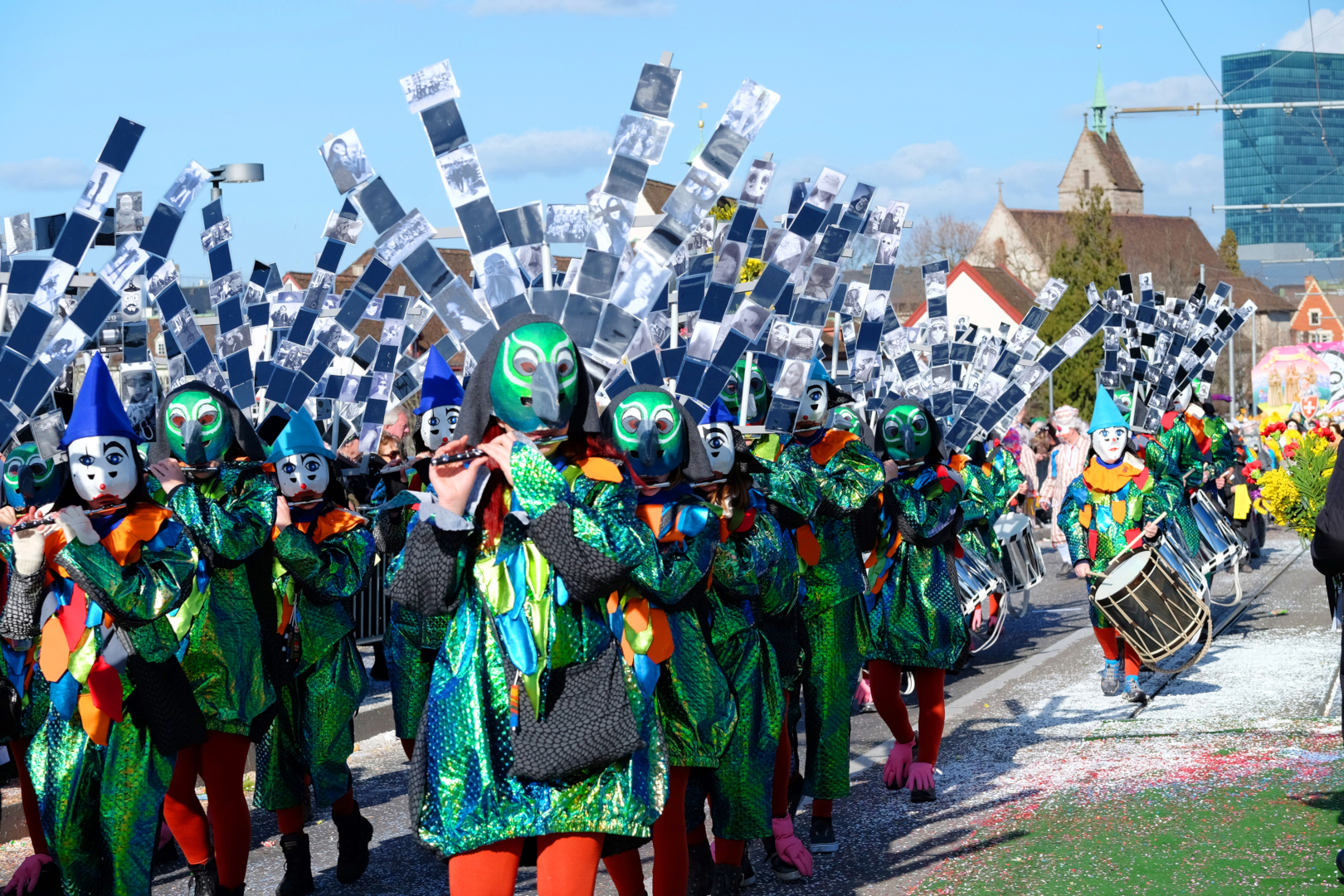
Basel Fasnacht. Photo: Fasnachts-Comité Basel
Ash Wednesday: When the crazy celebrations end
Finally, on the night before Ash Wednesday, the bizarre celebrations come to an end. But before quiet Ash Wednesday marks the end of the Fifth Season, revellers will perform yet another rite, which, to put it mildly, might seem quite unusual to people from abroad. Carnival groups burn a life-size straw doll, a so-called ‘Nubbel’, which had been placed above the entrance of a pub during the carnival season. It embodies all the sins revellers have committed, so burning it serves as a preparation for Lent.
Next to the Rhine river cities, there are also other regions in German-speaking countries, where people celebrate Carnival, Fasching or Fasnacht. For example, in the towns of Baden, Swabia and the Black Forest, there are vibrant folklore processions in which participants wear hand-carved wooden masks depicting witches, goblins, devils or jesters. In Switzerland, the Carnival of Basel starts on the Monday after Ash Wednesday and lasts exactly 72 hours. Then, the so-called ‘Fasnächtler’ are completely covered in their costumes and remain incognito. So wherever you decide to celebrate carnival, in Cologne, Düsseldorf, Munich or Basel, it will surely be a thrilling experience.
Subscribe to Our Newsletter
Receive our monthly newsletter by email

